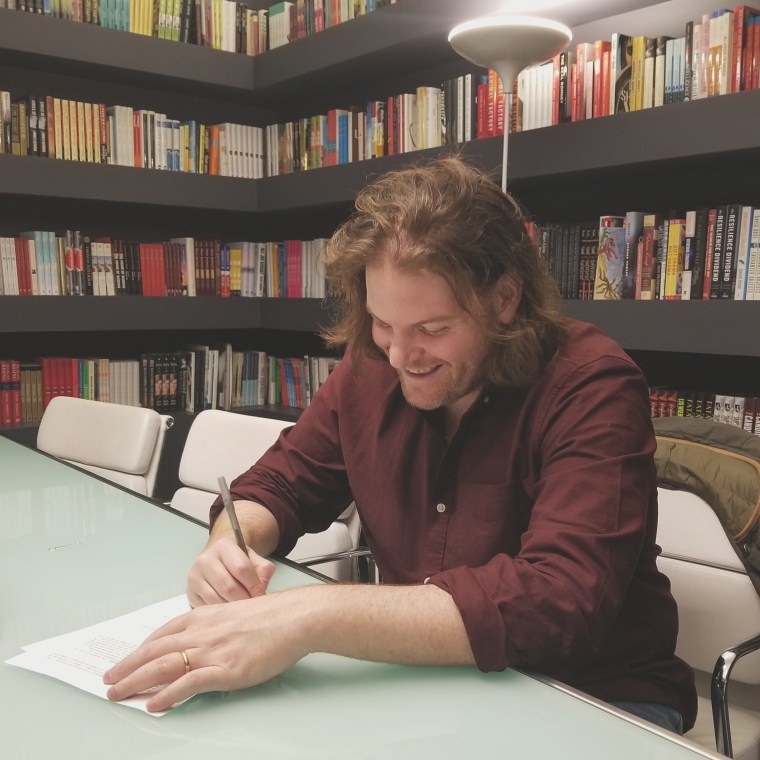Want to write a book? Lose weight? Learn Spanish? Tackling a major goal may seem impossible, but 15 minutes a day is all it takes, according to musician and journalist Paul Cantor.
“Can you do it for 15 minutes? Because often you’ll find that you can, and that kind of gets you out of just wanting to do something and really puts you to the test,” Cantor tells NBC News BETTER.
The goal, he says, is to stop procrastinating and simply give it a try.
“If you can get all 15 minutes consistently for a week — two weeks — three weeks, before you know it, you find you have a little bit of a practice,” says Cantor.
Breaking life into small chunks
The 15 Minute Rule doesn’t have to only apply to major projects, says Cantor. The busy writer, who is self employed, says he often uses it for mundane tasks like completing invoices and transcribing interviews.
“In a weird way I try to break life into a lot of 15 minute chunks,” he says.
Cantor says 15 minutes is just an easy end point to get you immersed in whatever it is you’re trying to stop procrastinating on. When you commit to just 15 minutes, he explains, you trick your brain into seeing the project as a less intimidating task.
“‘Cause 15 minutes is like nothing in the grand scheme of things,” he says.
The writer says he first started using the rule when he sat down to write a 100 page proposal for a book he is currently writing. Since it wasn’t a project with an immediate deadline, he found that he would often procrastinate, he says.
“…I would just say, ‘Take 15 minutes and just see if you can get like two or three sentences down,’” he recalls.
He says that taking five minute breaks in-between those 15 minute chunks helped chop up the monotony of what seemed like a monumental task.
“…I’d take a five minute break, come back, do 15 more, take a five minute break,” he says. “Before you knew it, I might have had two hours — three hours behind me, and I’d have like an hour of rest.”
The writer says he also used the rule to learn how to play the piano when he was in his late 20s.
“I would find sometimes practicing for an hour was challenging for me, not because I didn’t want to practice for an hour but just because the muscle memory in my hands wasn’t strong enough to last for an hour,” he says, noting that his arms would get tired after long periods.
“But I could go for 15-30 minutes,” Cantor says.

Achieving big goals is often a series of small steps
Cantor says the 15 Minute Rule is a great way to test your genuine interest in a project and whether you have the stamina to see it through.
“I think often, people, their heads are in the clouds, you know what I’m saying?” says Cantor. “And they just see like a big banner that says like ‘Music Career’ or ‘Writing,’ and they think it’s really mystical and magical, and it’s really not. It’s actually a series of small steps over a very long period of time that add up to something.”
How to use the ’15 Minute Rule’
- Break everything into 15 minute chunks: A major project may seem less intimidating if you commit to working on it for small periods of time. It can also make it easier to get into the flow of things to be able to work on it for longer.
- Take 5 minute breaks: If the task is too monotonous, take small breaks between those 15 minute chunks and work on something else.
- Achieving big goals is often a series of small steps: Don’t fall into the trap of thinking your dreams will manifest themselves. Big goals are often achieved over a long series of small steps.


